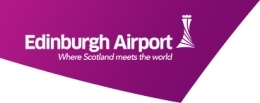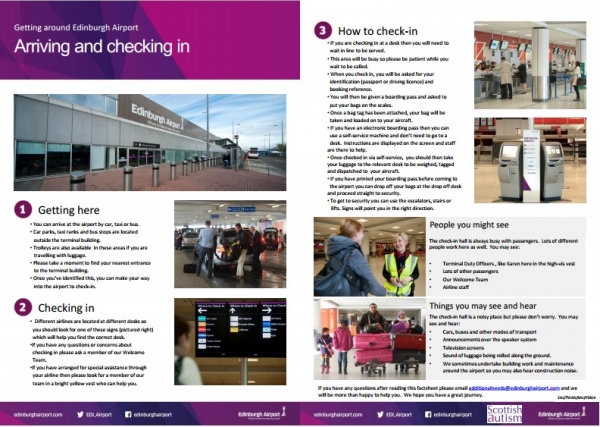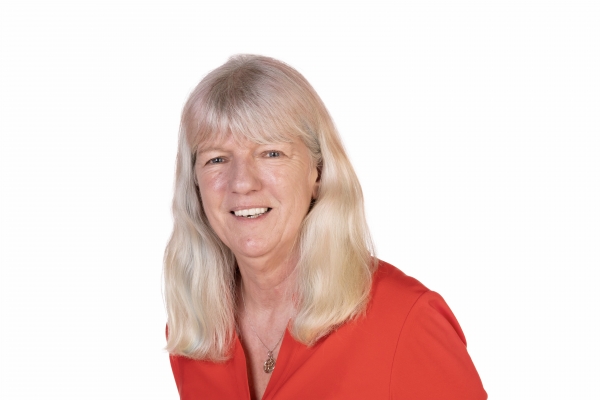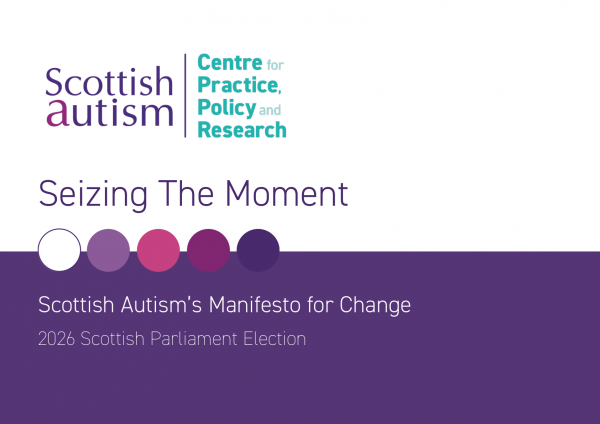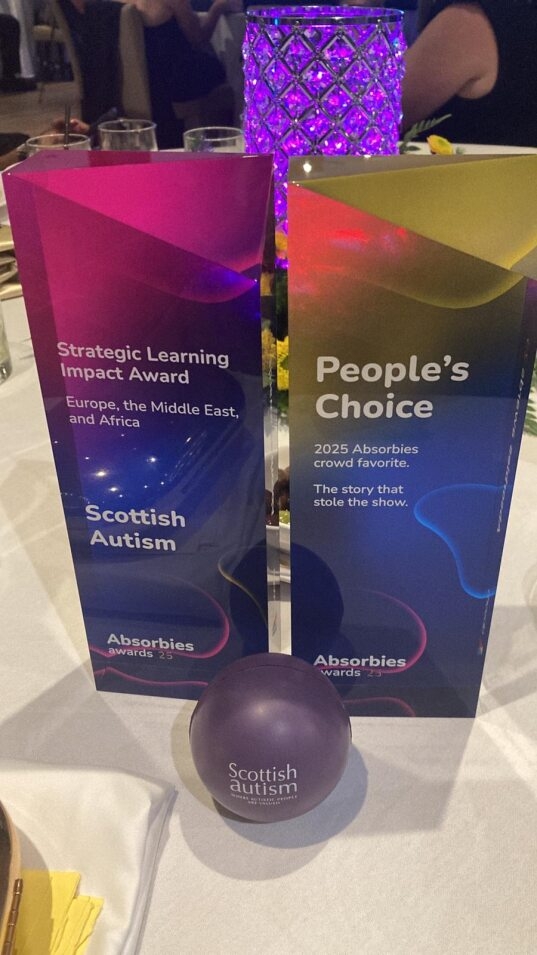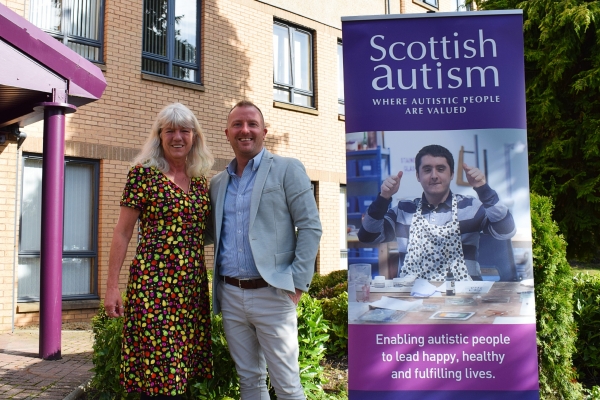Airports urged to promote autism support
Mr McDonald has found that support for autistic passengers to allow them to familiarise themselves with airports, and the processes of going through an airport, is available at Scotland's major airports, but that the information is often difficult to find and may not be readily available via a call to the switchboard.
Key elements of best practice identified by Mr McDonald include:
- Fast tracking queues and security
- Airport staff consulting directly with the family or carer of the individual so as to tailor their assistance.
- Providing fact sheets with pictures to allow preparation for what to expect before going to the airport
- Familiarisation programmes, which allows for someone with autism to tour the terminal and experience the environment before making a journey. A good programme will allow a number of visits if needed.
- Having a dedicated telephone number or e-mail address where people can enquire and arrange assistance
Scottish Autism has been working with Edinburgh Airport and Wideaware to develop factsheets to help people with autism and their families deal with the busy and often stressful environment of the airport. The series of factsheets focus on each aspect of the airport journey and what can be expected at each stage, allowing individuals to prepare for their airport experience.
NAS Scotland has begun encouraging people through social media to take the opportunity of support that is available when travelling. They are asking supporters to share their holiday travel stories to raise awareness and are promoting information on how to access airports during the summer holidays.
Edinburgh Airport's Arriving and Checking in factsheet helps travellers prepare for what to expect at the airport.
Mr McDonald said: "We know that travelling by air can be a stressful experience for people generally, for autistic people and their families that stress is often magnified. Many of the processes in airports, such as queuing, going through security, and experiencing the different sounds and smells, can cause sensory overload and lead to difficulties.
"Often a familiarisation visit, or series of visits, can remove some of the stress and difficulty and can lead to simple alterations being made to allow for a more pleasant flying experience for the individual and family concerned.
"I hope the work by NAS Scotland to raise awareness of the opportunities that exist for people will ensure more autistic travellers are able to access appropriate support, and that the airports will do their bit in making information more widely available on websites and through organisations locally."
Charlene Tait, Director of Development at Scottish Autism commented: “Having recently developed a support package with Edinburgh Airport and Wideaware to help passengers with autism and additional support needs, we welcome the additional attention this report will give to this issue.
“People with autism can be disenfranchised from air travel because they cannot cope with the unpredictability of the airport environment. Fact sheets that illustrate what will happen at the different stages of an airport journey and familiarisation programmes can be very helpful in preparing someone with autism for travel. Raising awareness of the assistance that is available is also important.
“Calls to our Autism Advice Line suggest many people do not know that there is assistance available at other airports in Scotland. We would encourage other airports to promote, and where necessary develop, the assistance they can offer individuals with autism and additional support needs.”

